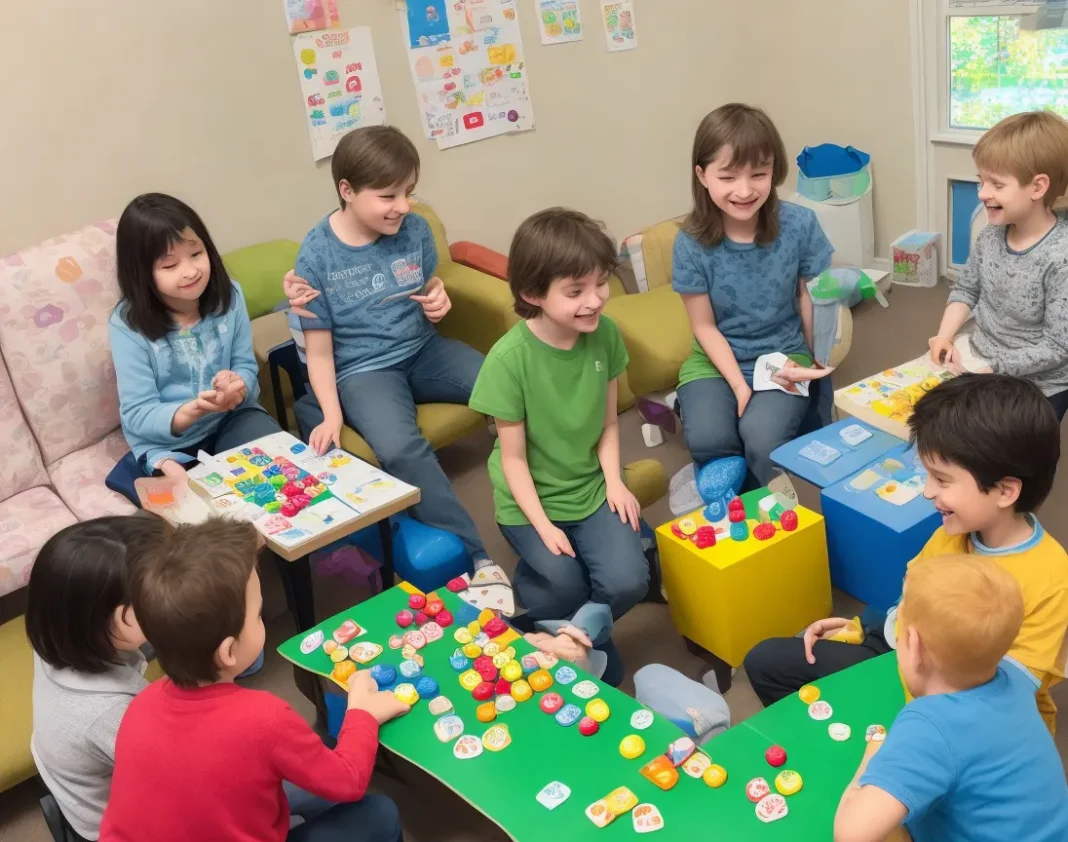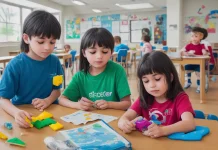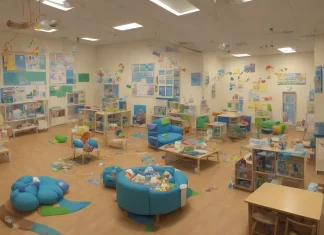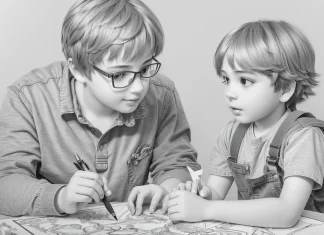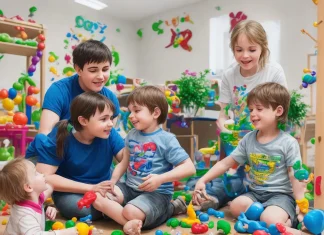Introduction
Autism, a neurological condition characterized by communication challenges, repetitive behaviors, and social interaction difficulties, affects millions of children worldwide. One of the key challenges that children with autism face is developing effective social skills. This article delves into the significance of Consulting for Developing Social Skills in Autistic Children the purpose of aiding autistic children in overcoming social skill deficits, ultimately empowering them to lead fulfilling lives.
Understanding Autism and Social Skills
Autism Spectrum Disorder (ASD) is a complex condition that manifests differently in each individual. Many autistic children experience difficulties in grasping social cues, maintaining eye contact, and engaging in reciprocal conversations. These challenges can lead to isolation, hindered relationships, and low self-esteem.
The Role of Consulting in Autism
Consulting professionals who specialize in autism intervention play a pivotal role in transforming the lives of autistic children. Early intervention is crucial for enhancing social skills as the brain is most adaptable during early childhood. Consultants collaborate with families, educators, and therapists to create tailored intervention plans that address specific needs.
Tailored Approaches to Social Skill Development
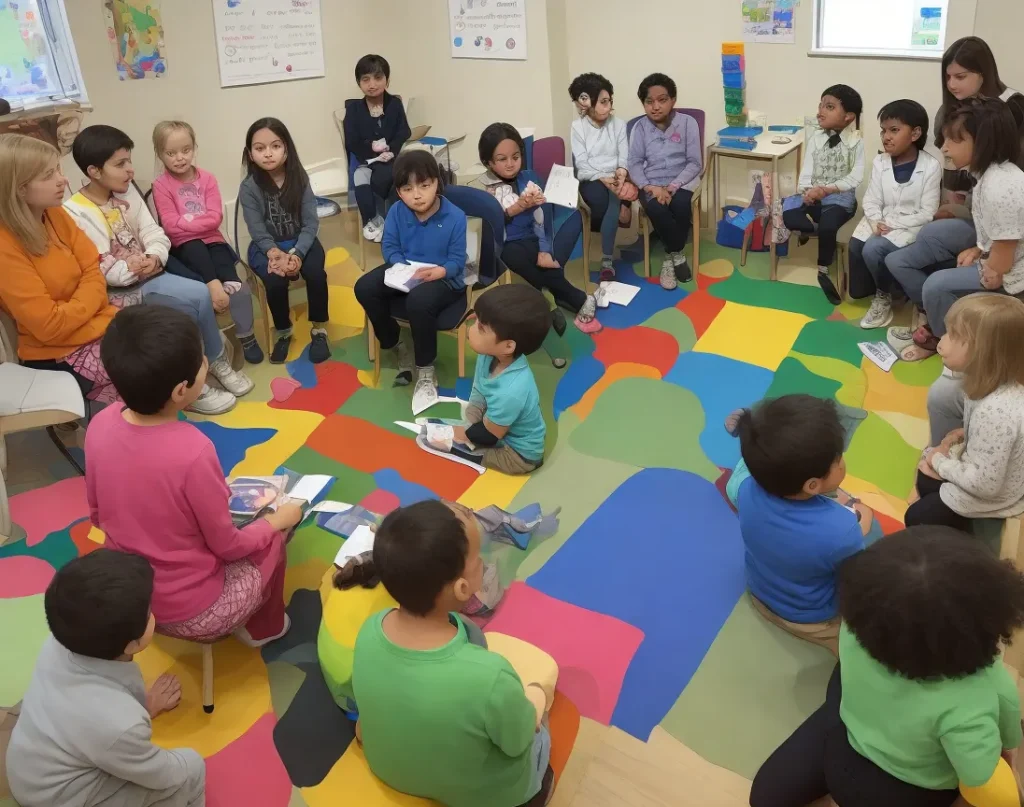
Personalized assessment is at the core of effective intervention. Consultants conduct thorough evaluations to understand the child’s strengths and areas of improvement. Applied Behavior Analysis (ABA) techniques are commonly employed to reinforce positive behaviors and discourage negative ones. Additionally, speech therapy and occupational therapy are integrated to enhance communication and sensory processing skills.
Creating Supportive Environments
Developing social skills goes beyond individual efforts; it involves creating an inclusive environment. Consultants work closely with families to foster empathy and understanding. Educating parents and caregivers about autism helps build a solid support system. Collaboration with schools ensures that educators implement strategies to accommodate autistic students, promoting integration and reducing stigma.
Communication Skills Enhancement
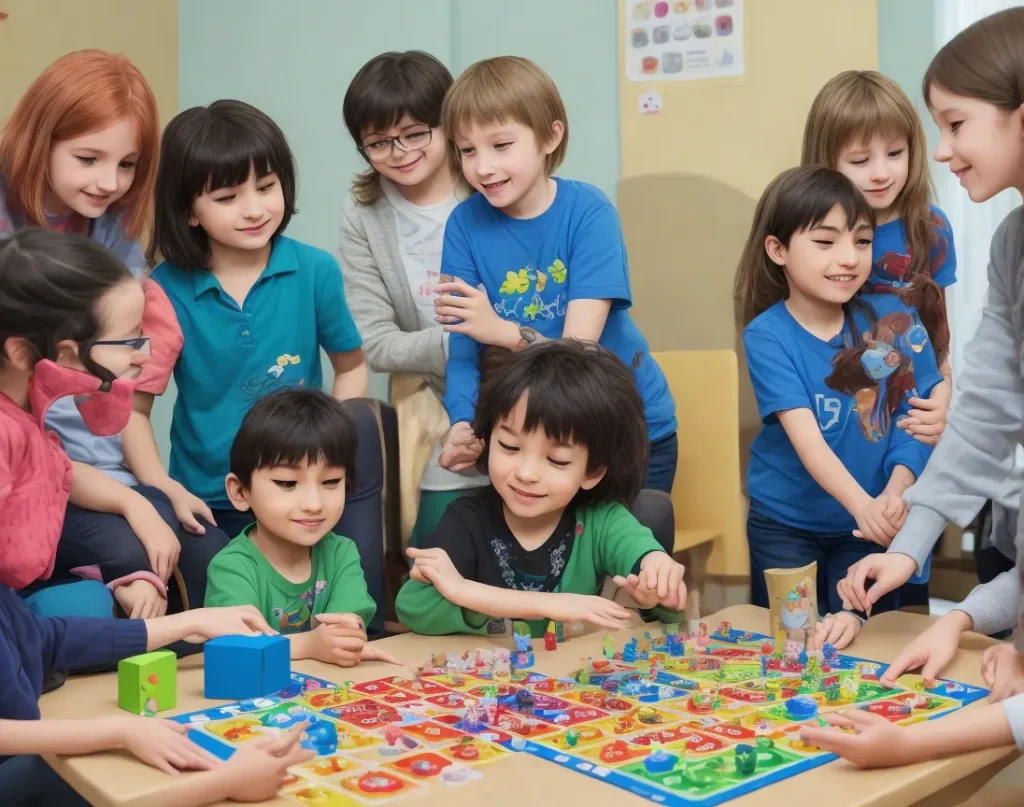
Consultants focus on improving both verbal and nonverbal communication. Visual aids such as social stories and picture schedules aid in comprehension. Assistive communication devices bridge the gap for nonverbal children, allowing them to express themselves effectively.
Emotional Recognition and Regulation
Teaching emotional intelligence is a vital aspect of social skill development. Consultants guide children in recognizing and labeling emotions. Coping mechanisms are introduced to help children manage anxiety and frustration in various situations.
Building Peer Relationships
Social interaction with peers is a cornerstone of childhood development. Consultants arrange playdates and group activities where children can practice socializing. Social scripts and role-playing are utilized to teach appropriate behavior in social settings.
Community Integration and Social Activities
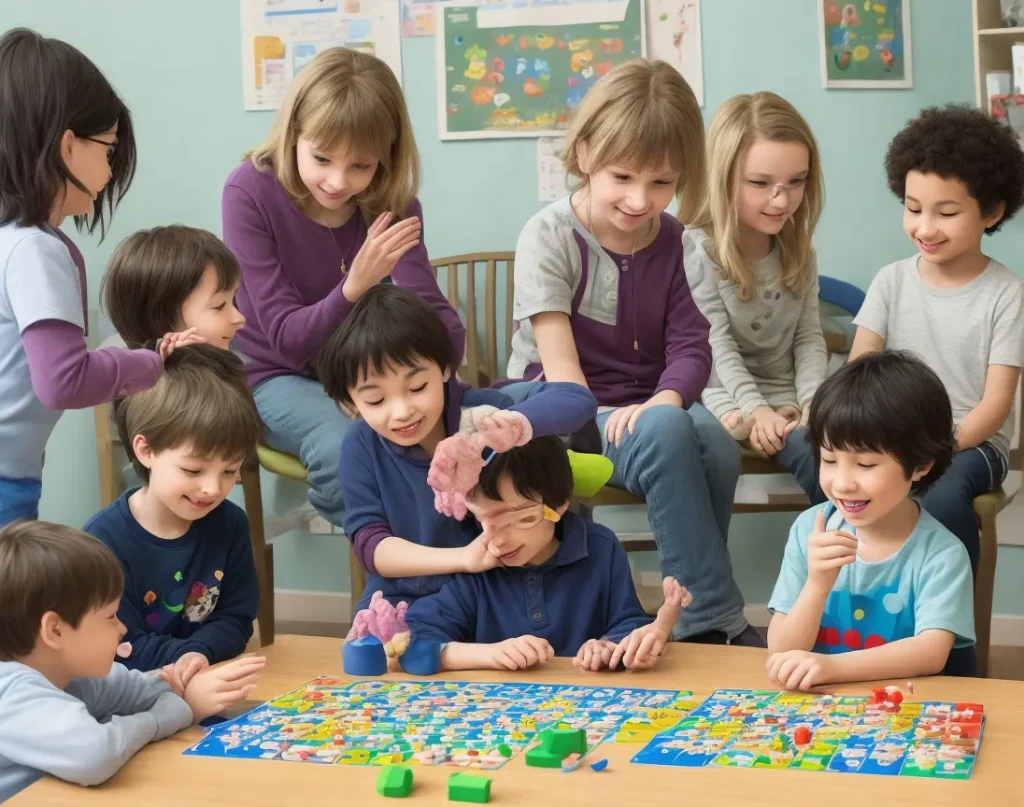
The transition from structured interventions to real-world scenarios is vital. Consultants encourage participation in community programs, clubs, and recreational activities. This facilitates the generalization of learned skills beyond therapy sessions.
Progress Tracking and Adaptation
Consulting is an evolving process. Regular assessment tracks progress and identifies areas that require further attention. Consultants celebrate every achievement, no matter how small, while also setting new goals to ensure continuous improvement.
Empowering Parents and Caregivers
Parents and caregivers are equipped with tools and techniques to provide consistent support. This includes employing strategies learned during consulting sessions in daily interactions, strengthening the parent-child bond through positive engagement.
Addressing Challenges and Roadblocks
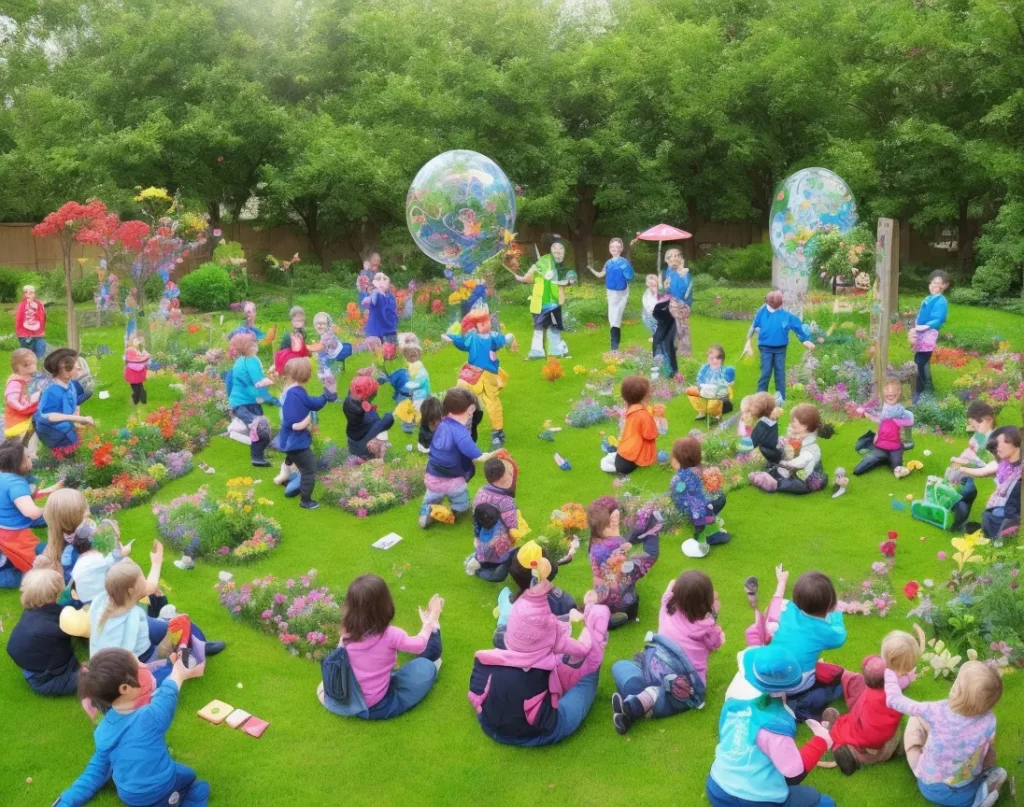
The journey towards improved social skills isn’t without challenges. Some children might resist certain interventions or experience setbacks. Consultants remain flexible, adapting strategies to suit the child’s needs and interests.
Success Stories: Real-Life Experiences
Stories of success inspire hope. Autistic children who underwent consulting have made remarkable strides in their social skills. These anecdotes showcase the potential for positive change through effective intervention.
The Future of Autism Consulting
The digital age presents opportunities for virtual consulting and intervention. Technology-driven tools can enhance engagement and accessibility. Collaboration between consultants, educators, therapists, and parents ensures a holistic approach to social skill development.
Conclusion
Consulting for developing social skills in autistic children stands as a beacon of hope for families. Through personalized interventions, collaborative efforts, and the dedication of consultants, autistic children can overcome social challenges and lead enriched lives. By addressing their unique needs, we pave the way for a more inclusive and understanding society.
FAQs (Frequently Asked Questions)
How early should consulting for social skills start for autistic children? Early intervention is crucial; ideally, it should start as soon as autism is diagnosed.
What is Applied Behavior Analysis, and how does it help? Applied Behavior Analysis (ABA) is a therapeutic approach that uses positive reinforcement to teach and encourage desired behaviors.
Can virtual consulting be as effective as in-person sessions? Virtual consulting can be effective, especially when combined with in-person interactions and parental involvement.
Are there any government initiatives supporting autism intervention? Many countries have programs and resources dedicated to supporting autism intervention and education.
How long does it take to see noticeable progress in a child’s social skills? The timeline varies, but consistent effort and tailored interventions can lead to gradual improvements over time.

